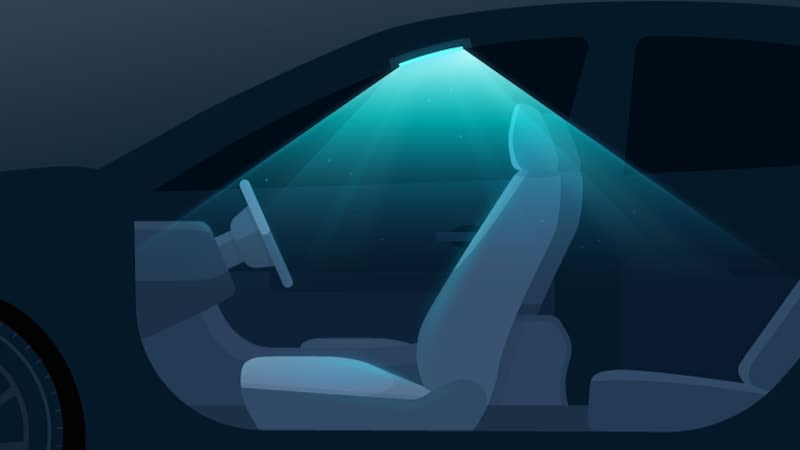Audi Repair Shop Doylestown
Call 267 279 9477 to schedule a appointment

It’s an automaker’s job to keep tabs on deep, global trends that could contribute new features or technology to future product, and what deeper, more global trend could there be than the coronavirus? An article in the Detroit Free Press surveys how automakers, suppliers and tech companies are “investigating ways to virus-proof their vehicles to win customers in a post-COVID-19 market.” Ideas began bubbling to the surface of public awareness in March, coming out of China. Geely — parent company of Volvo — said its new Icon electric crossover had been designed with an N95-certified air filtration system. Later that month, more Chinese carmakers announced a host of measures able to sterilize a city, like an autonomous 5G-capable van rolling through the city spraying disinfectant, or a manned van fitted with a negative pressure containment system. In May, Hyundai said it “is about to use UV light sterilization technology” that would be installed like a dome light in its vehicles. This week, Peugeot, Citroën and Vauxhall dealers introduced an anti-bacterial cleaning service and 29-point vehicle check.
When IHS Markit surveyed car owners in five countries, 80% said they’d pay extra for technology that could sterilize a vehicle. A Cox Automotive survey found a third of vehicle shoppers thinking about “air quality features” in a future car purchase. That’s why all of the above ideas are in play closer to home, in addition to antimicrobial seating and surface materials.
A Fiat Chrysler spokesperson told the Freep, “Recent events have directed us to investigate additional technologies for improving cabin air for our heating and air conditioning systems. We’re also looking at antimicrobial materials and easily-cleanable surfaces for our interiors.” Michigan-based tech firm GHSP unveiled its grēnlite (pronounced “greenlight”) UV-C light at CES this year. Much like the Hyundai UV light scheme, it sterilizes a vehicle when sensors detect there are no occupants, automatically scheduling new cleansing cycles when needed — and is already in use in emergency vehicles in three states.
A VP at Tier 1 supplier Faurecia said, “We must combine the quick development and evaluation processes we’ve learned from the medical community with the auto industry’s needs for safety and durability,” in reference to the large and small interior components the company makes. Faurecia is also looking at foggers that would spray a disinfectant such as hydrogen peroxide. Magna is evaluating “an ozone-generating system.”
The popular memory is short, and car development times are long, so there’s no telling how this plays out. If a reliable vaccine appears in the near-term to reduce the threat of coronavirus, it’s possible the public will rearrange its vehicle wishlist, returning sterilization to the same, much lower spot it held last year. Any innovations could come in through a side door, though; rehabilitating public transportation in the eyes of those who can afford other options would be helped greatly by promoting a sterile environment, and once a system is shown to be durable enough for a bus or a train, packaging a solution for cars would come naturally.
Related Video:
from Autoblog https://ift.tt/2LSlGwn
